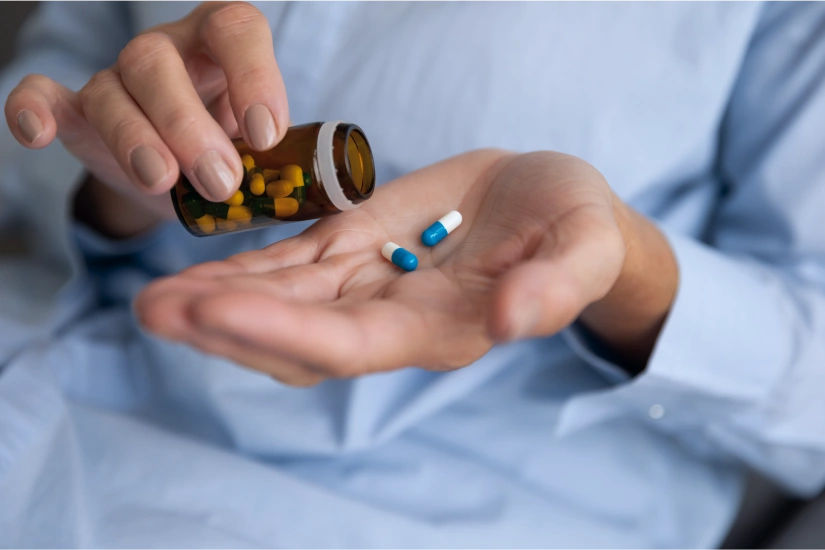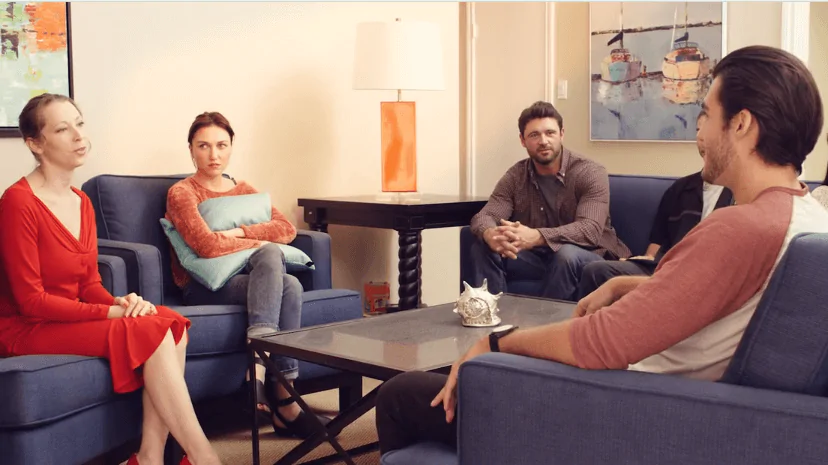24/7 Helpline:
(866) 899-221924/7 Helpline:
(866) 899-2219
Learn more about Partial Hospitalization Program centers in North Charleston
Partial Hospitalization Program in Other Cities

Other Insurance Options

BlueCross

United Health Care

CareFirst

Multiplan

Amerigroup

Meritain

GEHA

UnitedHealth Group

Magellan Health

BlueShield

Molina Healthcare

AllWell

Regence

Kaiser Permanente

BHS | Behavioral Health Systems

State Farm

PHCS Network

Highmark

Absolute Total Care

Oxford

Crossroads Treatment Centers
Crossroads Treatment Center in Charleston, South Carolina provides effective and caring outpatient r...

Transcendence Treatment Center
Transcendence Treatment Center is a public rehab located in North Charleston, South Carolina. Transc...

Waypoint Recovery Center
Waypoint Recovery Center - Netherby Lane offers outpatient treatment for individuals with alcohol an...











Center for Behavioral Health
Center for Behavioral Health is a private rehab located in North Charleston, South Carolina. Center ...

Positive Feedback Professional Counseling
Positive Feedback Professional Counseling is a private rehab located in North Charleston, South Caro...

South Carolina STRONG
South Carolina STRONG is a non-profit rehab located in North Charleston, South Carolina. South Carol...

AA – Alcoholics Anonymous – North Area Group
AA – Alcoholics Anonymous – North Area Group is a private rehab located in North Charleston, South C...

AA – Alcoholics Anonymous
AA – Alcoholics Anonymous is a private rehab located in North Charleston, South Carolina. AA – Alcoh...

Palmetto Lowcountry Behavioral Health
Palmetto Lowcountry Behavioral Health in Charleston, SC provides a broad range of co-occurring menta...


